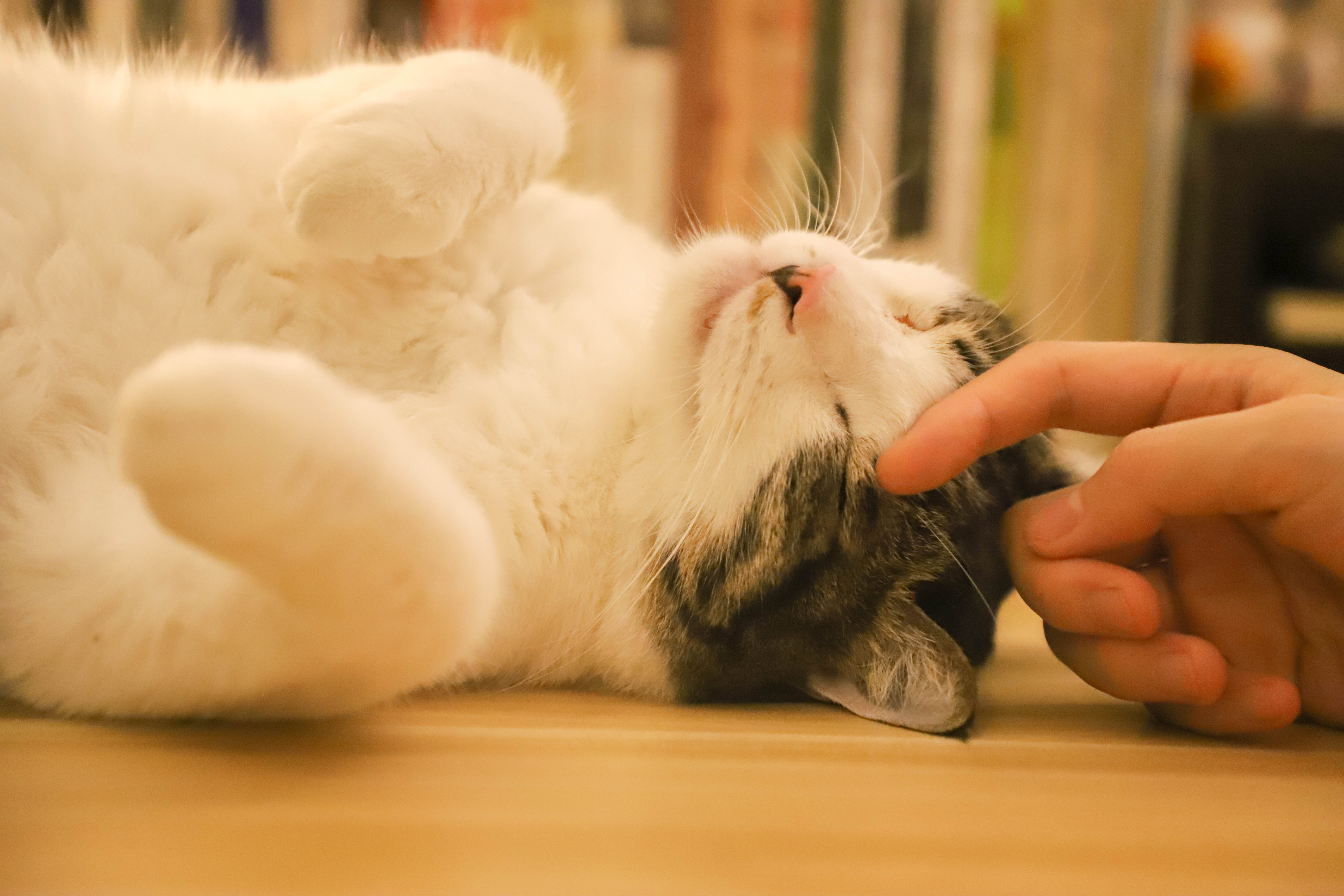
Understanding Feline Infectious Peritonitis (FIP):
Feline infectious peritonitis (FIP) is a very serious and almost always fatal disease for cats. There is no specific treatment or cure for FIP, and most cats die within weeks or months of diagnosis. Some supportive measures, such as draining excess fluid from the abdomen or chest, may provide temporary relief, but they do not stop the progression of the disease. There are some experimental drugs that have shown promising results in some cases, but they are not yet approved by the FDA and may have side effects.
The Importance of Early Detection:
The importance of early detection of FIP in cats is that it can help improve the prognosis and management of the disease, as well as reduce the risk of transmission to other cats. FIP is a very serious and fatal disease that is caused by a mutation of a common virus called feline coronavirus (FeCV). Most cats infected with FeCV do not show any signs, but some cats may develop FIP due to genetic or environmental factors. FIP can affect various organs and cause inflammation, fluid accumulation, and tissue damage. FIP is difficult to diagnose, as there is no definitive test for the disease and the signs can be similar to other conditions. Therefore, it is important to monitor your cat’s health and behavior regularly, and consult your veterinarian if you notice any changes or abnormalities. Early detection of FIP can help your veterinarian to rule out other possible causes, provide supportive care, and prescribe experimental drugs that have shown promising results in some cases.
Challenges in FIP Treatment:
FIP is difficult to diagnose, as there is no definitive test for the disease. Many of the symptoms and blood test results can also be caused by other conditions. Your veterinarian may suspect FIP based on your cat’s history, physical examination, and fluid analysis. However, the only way to confirm FIP is by performing a biopsy or necropsy of the affected tissues. the treatment landscape for Feline Infectious Peritonitis (FIP) presents a formidable challenge due to several factors. Foremost among these challenges is the absence of a straightforward cure, a reality that has posed persistent difficulties for veterinarians and cat owners alike. Traditional antiviral medications, which have shown efficacy against some viral infections, have proven largely ineffective in combatting the mutated coronavirus responsible for FIP. The challenges in treating FIP stem from the absence of a direct cure, the inefficacy of traditional antiviral medications, and the intricate nature of the disease. However, the evolving landscape of FIP research is fostering optimism, with ongoing developments offering hope for more effective treatment options in the future.
FIP is not believed to be contagious, as the virus is specific to each individual cat and does not survive well outside the body. However, FeCV can be transmitted through fecal-oral contact, and some cats may be more susceptible to developing FIP due to genetic or environmental factors. Therefore, it is recommended to isolate cats with suspected or confirmed FIP from other cats, and to practice good hygiene and disinfection.
